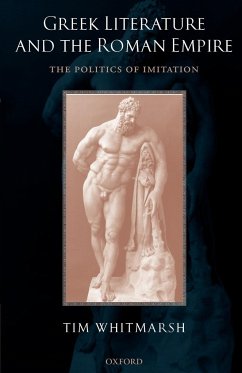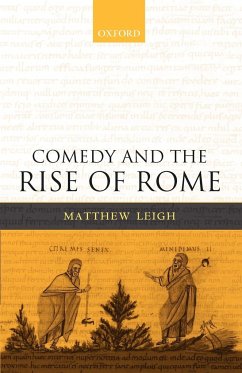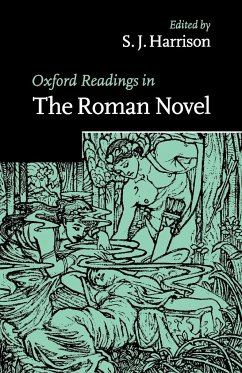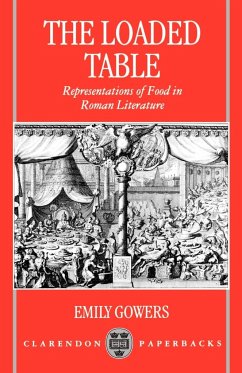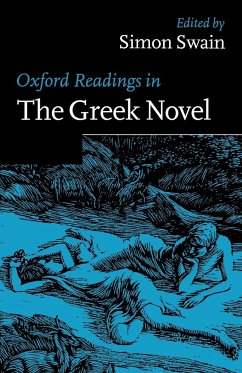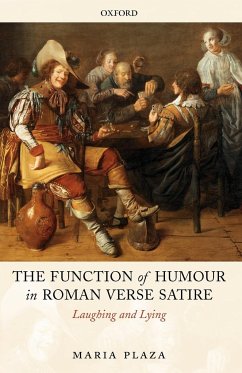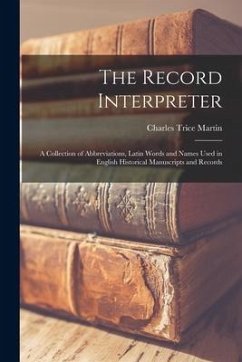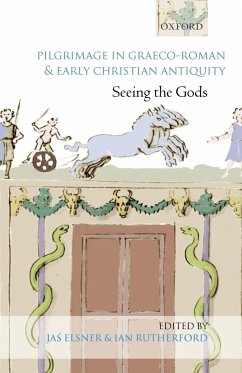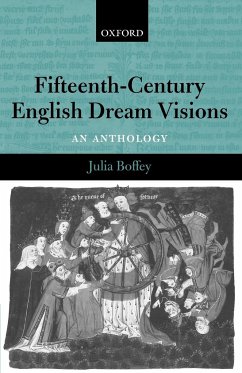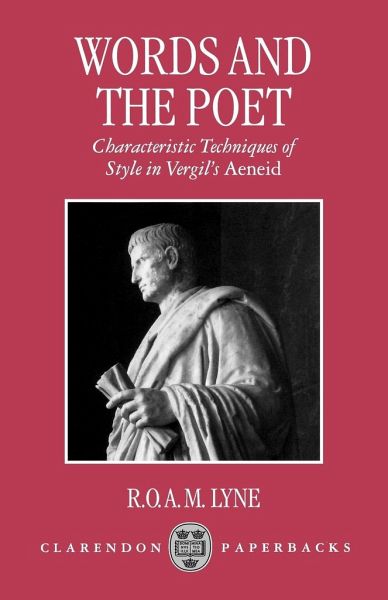
Words and the Poet
Versandkostenfrei!
Versandfertig in 1-2 Wochen
67,99 €
inkl. MwSt.

PAYBACK Punkte
34 °P sammeln!
Parallels are drawn with Horace's procedures, and Vergil's boldness stressed. Horace combines words in such a way as to 'make them new'; Vergil's combinations veritably extort unexpected and novel sense. Horace can put prosaic words to work in spite of their unpromising familiarity; Vergil more vigorously exploits them. The Vergilian techniques of extortion and exploitation are richly illustrated in this book. Not all Vergil's characteristic methods merit such violent descriptions. His use of the traditional simile ('narrative through imagery') is characterized by discretion and guile - but at key points links up with those more forceful methods. Guileful too is the way in which he may persuade some neutral word to acquire a specal sense over a stretch of text - or the way he may incite us to pursue a sequence of related effects. Vergilian narrative through imagery, and his techniques of incitement and acquisition, are also fully explained in this richly original and informative book.
Throughout his vast literary output, to a surprising extent, Vergil avoided artifacts of poetic diction like archaism and grecism, preferring instead ordinary language that grew from the common stock of the Latin tongue such as colloquialisms and prosaisms. This remarkably coherent and readable study identifies and categorizes such diction in Vergil's writings showing further how such comparatively unpromising material was converted by the poet's methods of "combination" (unctura) into poetry. In a critical analysis, Lyne draws parallels between Horace's procedures in combining works to "make them new," and Vergil's bold combinations which veritably extort unexpected and novel sense.




